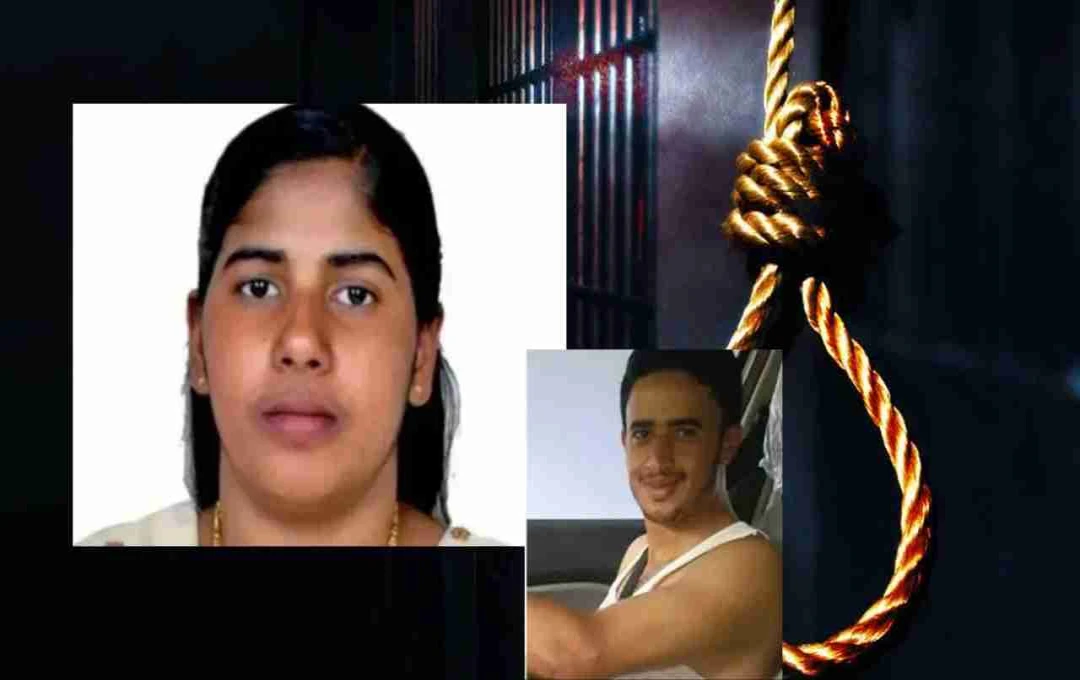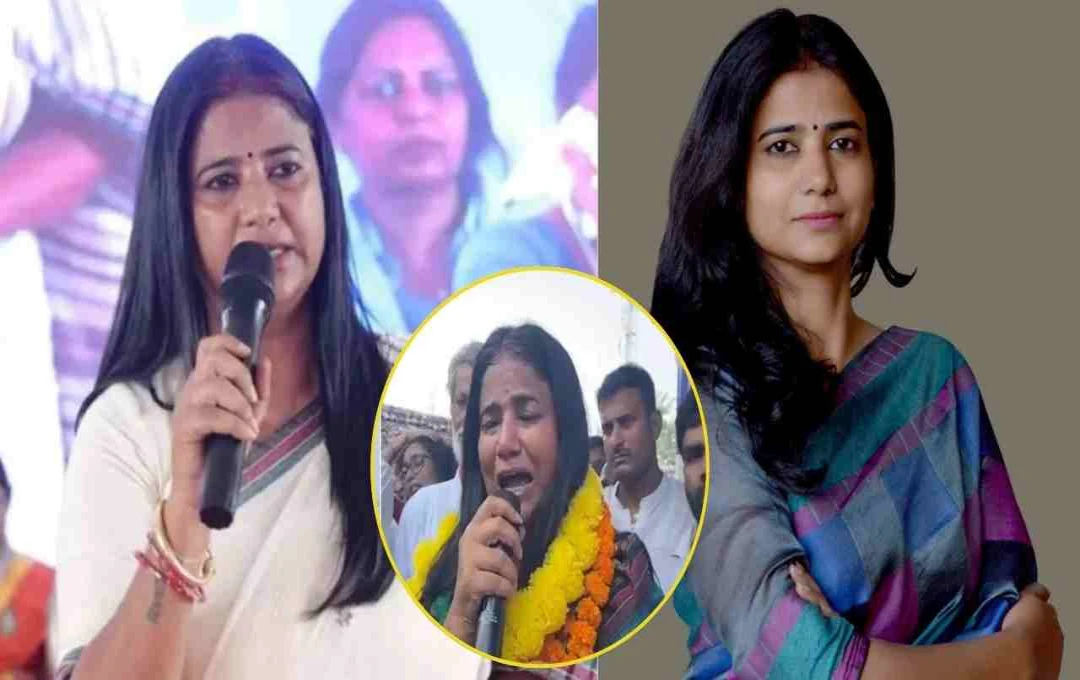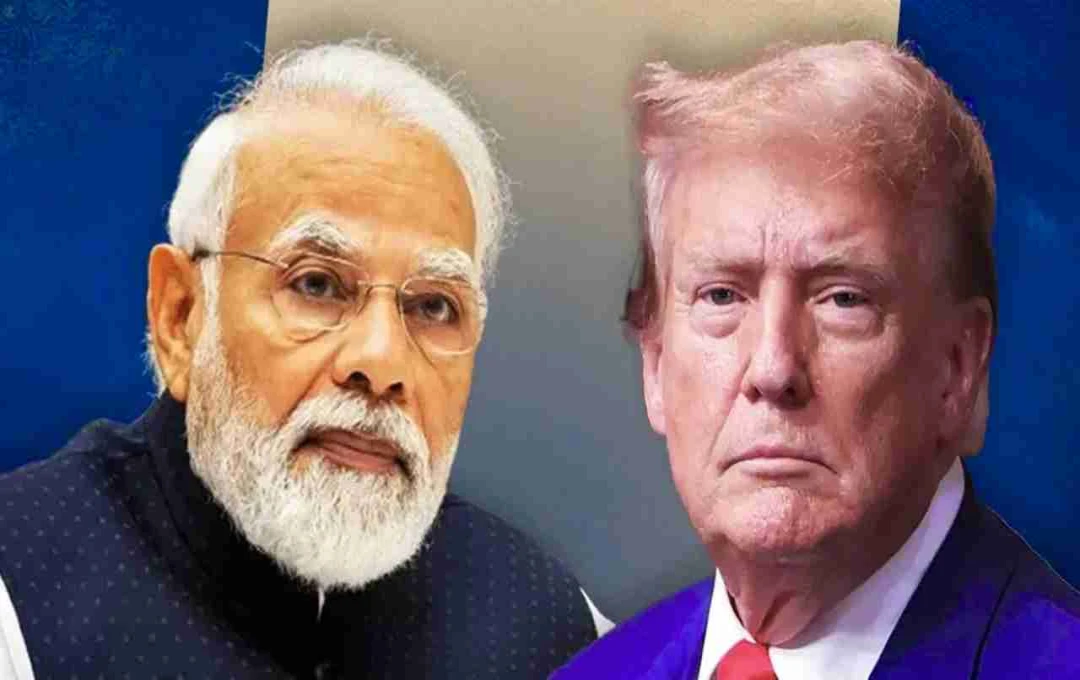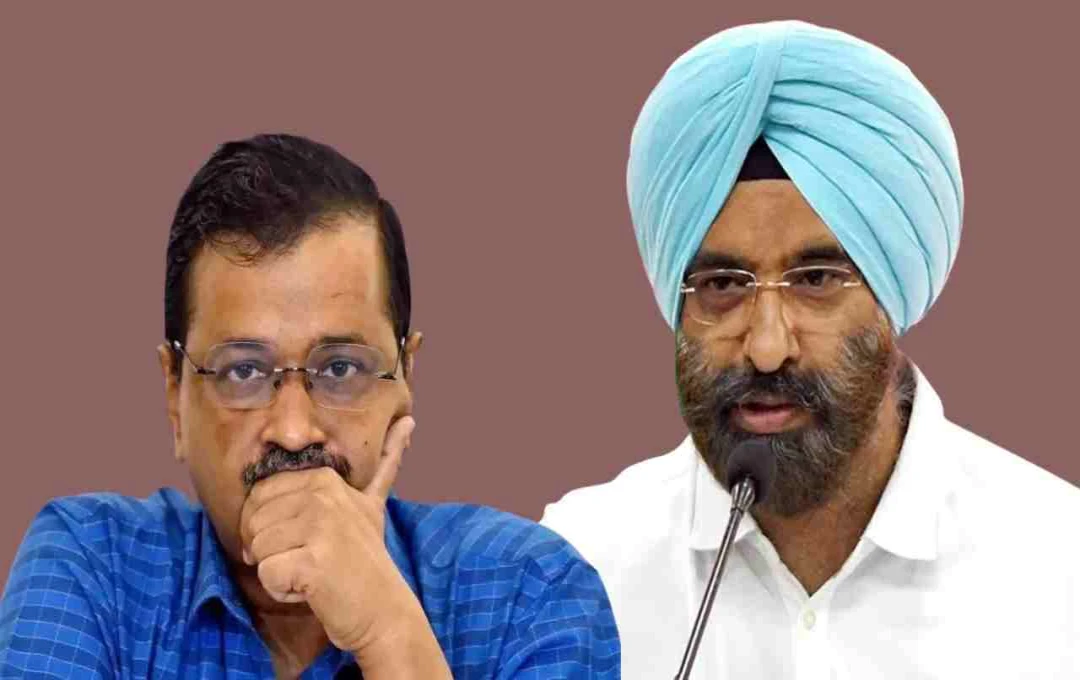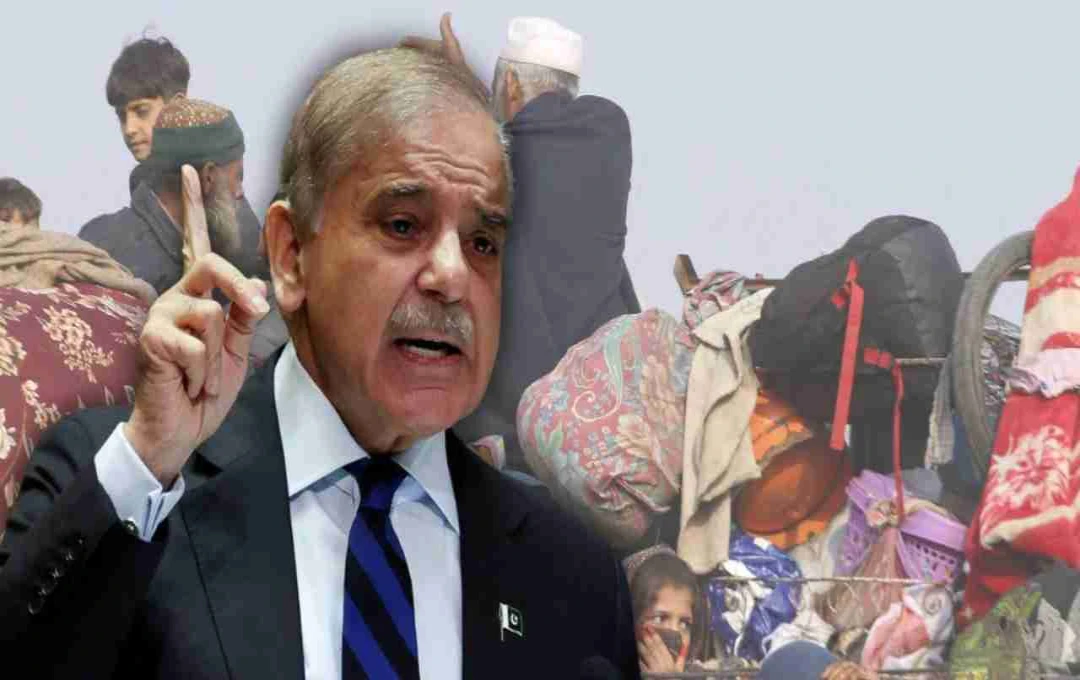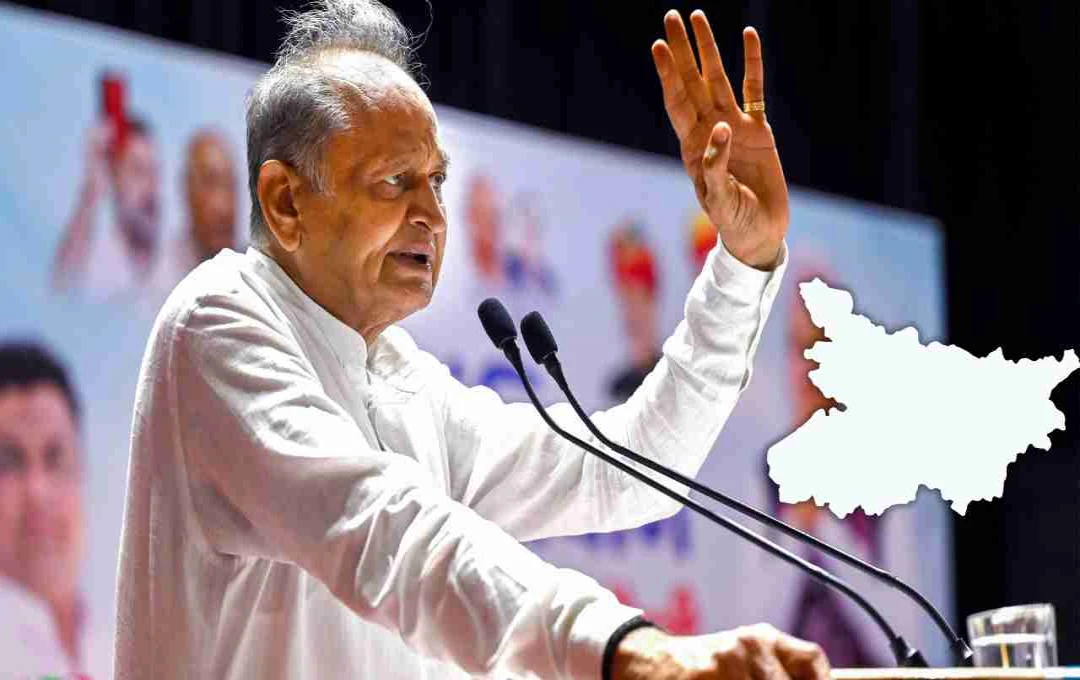Kerala nurse Nimisha Priya, sentenced to death in Yemen, has had her execution temporarily postponed following efforts by religious leaders and India.
Nimisha Priya Case: Kerala nurse Nimisha Priya, who was sentenced to death in Yemen, has received a significant reprieve. The execution, scheduled for July 16th, has been temporarily postponed. According to sources, this decision was made due to the intervention of Yemeni authorities and influential local religious leaders. This outcome is the result of continuous efforts over the past few months aimed at securing Nimisha's release, or at least, a postponement of her sentence.
Nimisha Priya has been in jail since 2017
Nimisha Priya has been incarcerated in a Yemeni jail for the past seven years. She is accused of murdering Talal Abdo Mahdi, a Yemeni citizen. It is alleged that Nimisha administered injections to Mahdi to incapacitate him in order to retrieve her passport. However, Mahdi died from an overdose of the injections.
Following this incident, Nimisha was arrested and the court sentenced her to death. In March 2018, the High Court of Yemen upheld the sentence. She has remained in prison ever since.
What is the whole case?
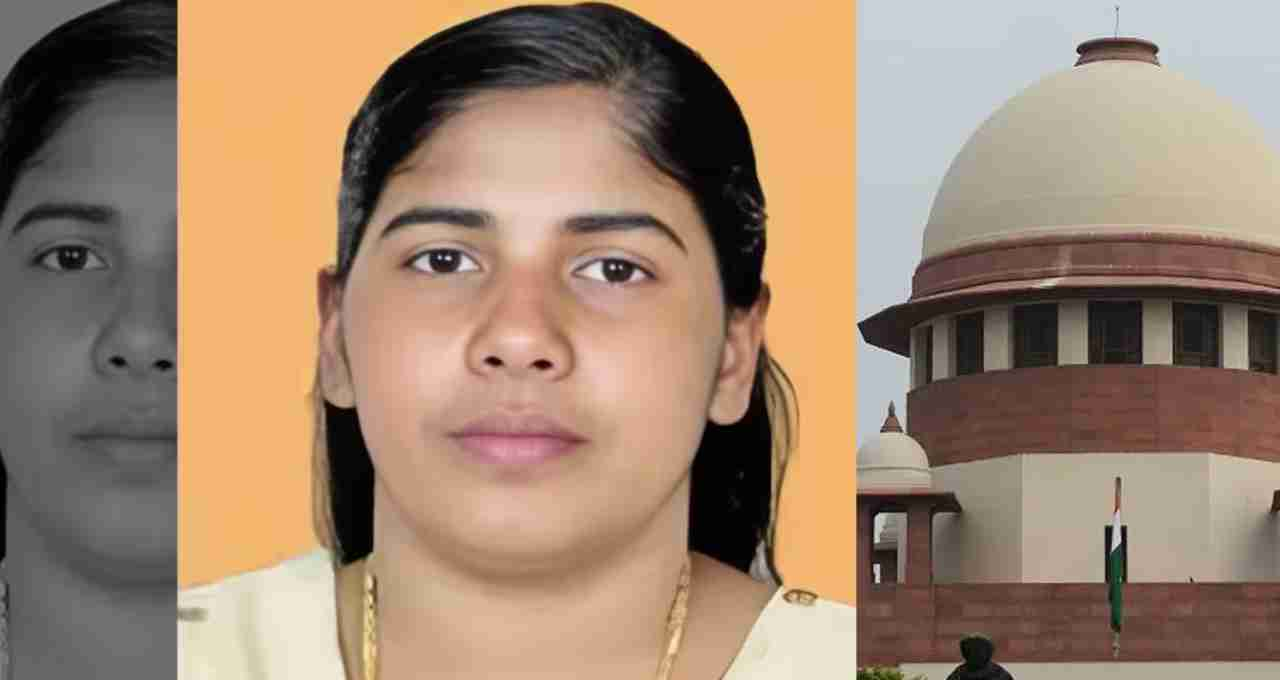
Nimisha Priya is from the Palakkad district of Kerala. She is a trained nurse and had been working in Yemen for nearly a decade. Until 2014, her entire family – her husband and daughter – lived with her, but due to the civil war, her husband and daughter returned to India in 2016. Nimisha remained in Yemen because she was unable to leave the country even if she wanted to.
She had a professional and personal relationship with a Yemeni citizen named Talal Abdo Mahdi. It is alleged that Mahdi had kept Nimisha's passport and when Nimisha tried to get it back, she used medication to sedate Mahdi. These same medications led to Mahdi's death.
Blood money and mediation by religious leaders
Under Islamic law, Sharia, in Yemen, the family of a murder victim has the right to forgive the perpetrator in exchange for compensation (blood money). Dialogue at social and religious levels between India and Yemen was ongoing to postpone Nimisha's execution.
Influential Sunni leader from India, Kanthapuram A. P. Aboobacker Musliyar, and Sufi scholar from Yemen, Sheikh Habib Umar bin Hafiz, played a crucial role in this process. Their efforts led to the deceased's family agreeing to talks. This was the first time Talal Mahdi's family had agreed to any discussions.
On Tuesday, a meeting was held in the city of Dhamar, Yemen, in which the deceased's family and Sufi representatives participated. After this meeting, there was hope that the family might forgive Nimisha by accepting blood money. Consequently, the execution date has been postponed.
